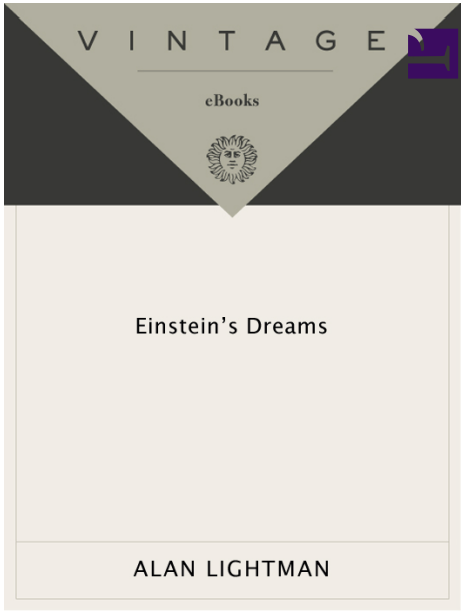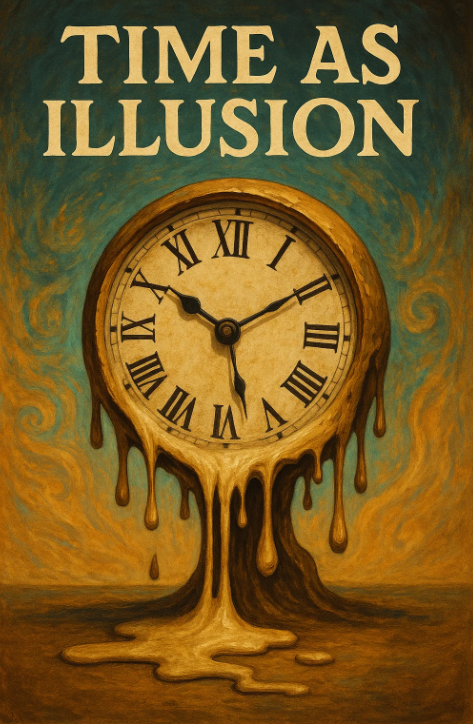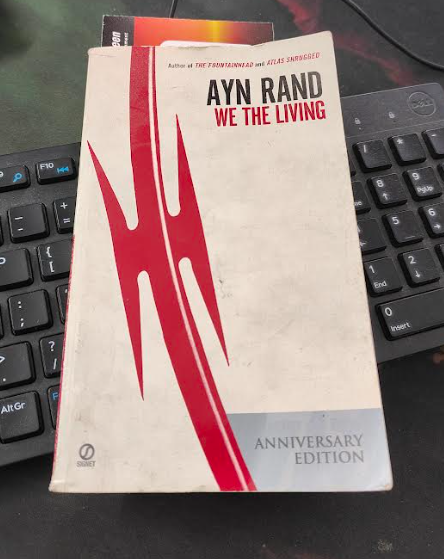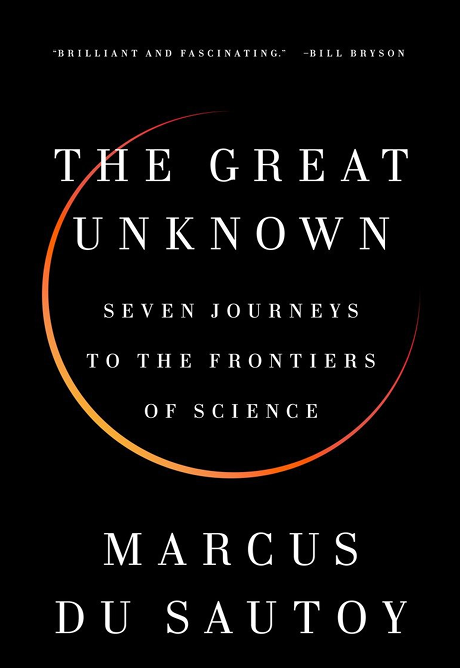
What if time wasn’t just a constant, straight line moving forward, but a strange and flexible thing that can bend and change in ways we never expected? This is what Alan Lightman offers in his 1993 novel Einstein’s Dreams.
I love books that make me see the world, and ourselves, in a new way, and this novel has always been one of my favorites. It’s a small book packed with big ideas, and filled with creative worlds that stay in mind even after the pages of the book have run over.
Dreamscapes of Time
The book is a collection of poetic short stories, each of which is an imagined dream that young Albert Einstein had in 1905 while working at a Swiss patent office and thinking deeply about ideas related to time and space. What makes this book interesting is not just the story of Einstein itself, but the variety of different worlds and ideas about time that the author, Lightman, creates in his imagination.
As I was gliding through pages, I thought, what if our life was stuck in a never-ending loop? Would we still find happiness, or would the endless sameness feel too heavy to bear?
Or just imagine a world where time goes backwards. People get younger instead of older, memories come apart and go back into our mind, and life becomes a game of trying to undo things. Won’t it be like watching a movie played backwards, strange and different from what we’re used to. The author doesn’t just play with these ideas for fun, he uses them to think about deeper things like memory, losing loved ones, and what it means to be human.

Why These Dreams Matter: The Takeaways
Reading Einstein’s Dreams is like exploring a fascinating world of big ideas. Every dream makes me think differently about time, about who we are, and how we go about our daily lives. Here are some of the most interesting lessons I learned, and why I believe this book should be on your reading list:
1. Time Shapes Experience, But Experience Shapes Time Too
As per Lightman, there are two kinds of time, one is the steady, ticking clock that measures seconds, minutes, and hours, this is what he calls “mechanical time”. The other is more personal and flexible, which is the way we actually experience time through our feelings, mood, desires, and gut instincts.
I often find myself caught between these two ideas, especially in our busy, tightly scheduled lives. We rush from one appointment/meetings to the next, but inside, our sense of time can feel quite different. Lightman reminds us that time isn’t just about the clock, it’s also about how we feel and live through each moment.
2. The Illusion of Control
Many of the dreams, in the book, show worlds where the future is already decided or time keeps repeating over and over. These ideas make us question whether we truly have free will. But Lightman’s postulates that people can still find meaning in life, even when it seems like our choices are already made.
Isn’t it similar to real life, where we often feel a mix of uncertainty and that certain things might be meant to happen. It made me think of a river, even if its path is chosen, the way the water moves, its waves, swirls, and currents, still influence the journey.
3. Memory Is the Thread That Binds Us
One powerful idea is to imagine a world where people have no memories at all and have to look through their “Books of Life” to understand who they are.
This idea made me think, if we forget everything, then who are we really? Our past experiences are like the threads that create our sense of self. But the writer also talks about how forgetting can be a good thing, thus, allowing us to live only in the moment without being weighed down by the past. This mix of how memory can both hold us as an anchor while at the same time, trap us is something everyone can understand.
More Than a Science Novel
What makes Einstein’s Dreams stand out is that it doesn’t fit into just one category. It’s a mix of science, ideas about life, and in between some touches of poetry. Although each chapter/dream is independent of each other, it seems like a collection of short stories encouraging readers to take their time, think deeply, and look at the world around us in a new way.
For example, imagine a dream where time seems to move more slowly the higher we go up a mountain. People tend to live longer at higher altitudes, and over time they forget why they began climbing in the first place, but they keep doing it out of habit. To me, this felt like a simple way of showing how traditions work: we hold onto certain customs without always remembering the original reasons for them. It’s a gentle reminder to think about what we do and why we do it.

The Human Side of Scientific Discovery
Throughout these imaginary worlds, there are touching scenes where Einstein is shown as a young man struggling with his intense passion. His friend Besso listens and supports him, provides camaraderie and stability during times of wild ideas and overthinking. These moments make Einstein feel more real and relatable, showing that even brilliant minds experience doubt, loneliness, and the everyday challenges everyone faces.
I really love how the book shows the way big ideas and everyday human experiences come together. It’s a lovely reminder that science isn’t just about facts and experiments, it’s also about the personal feelings and emotions of the people behind it.
If you love books that expand your mind and heart, Einstein’s Dreams is a must-read. It’s not your typical story with a fixed plot, instead, it’s more like a thoughtful reflection that encourages us to take a moment and think deeply:
- What if our everyday experience of time is just one possibility among infinite alternatives?
- How would our lives change if time were something we could shape or understand differently?
- What does it mean to live fully, in whatever time we have?
In a nutshell, Einstein’s Dreams isn’t just about time, rather it encourages us to dream along with Einstein, to stay curious, wonder about the world, and imagine new possibilities. It’s a book I go back to when I want to pause, slow down, and think about the deeper parts of life. Why not give it a read, you might just find yourself seeing time in a whole new way. You won’t be disappointed.



